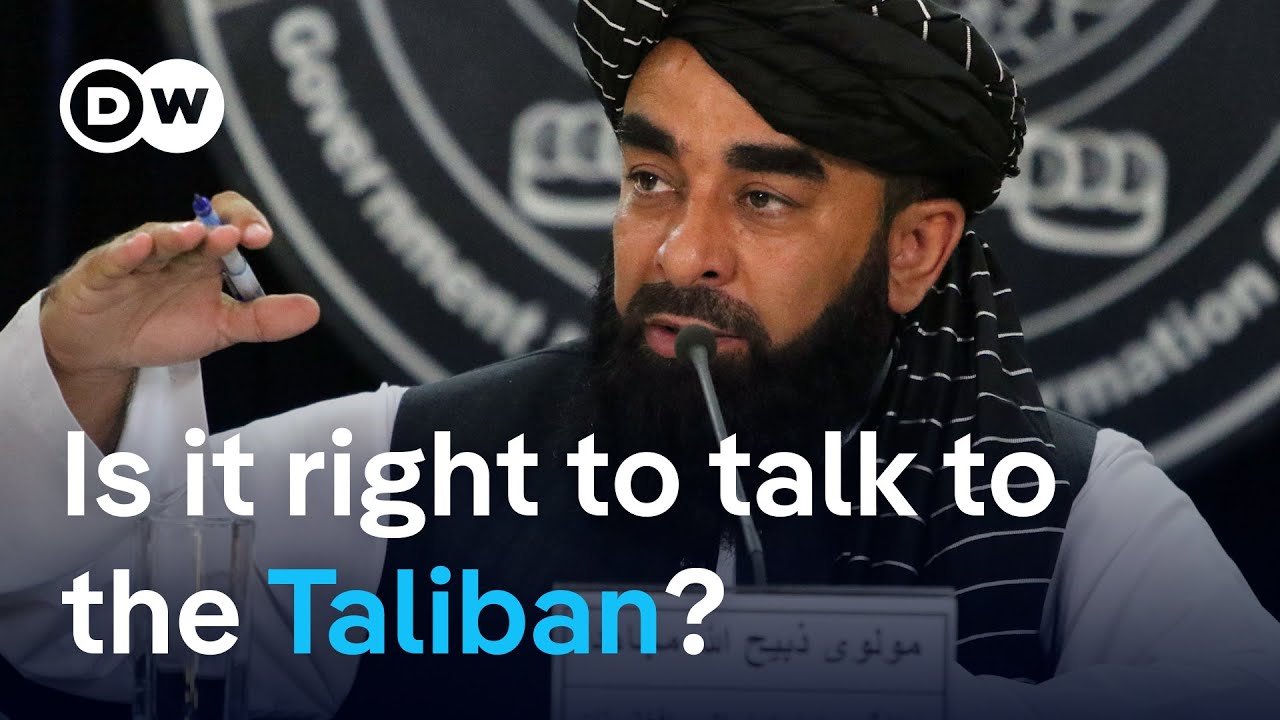Taliban officials’ participation in a United Nations conference on Afghanistan’s future has sparked criticism and concern, particularly regarding the exclusion of women and human rights groups from the talks. The conference, aimed at discussing the country’s path forward, has highlighted issues such as the Taliban’s repressive treatment of women, the ongoing security concerns in the region due to the presence of various militant groups, and the international community’s complex relationship with the Taliban regime. Despite promises from the UN that there will be no compromises on women’s rights, activists and human rights organizations argue that the exclusion of women from these discussions undermines efforts to address the severe women’s rights crisis in Afghanistan.
- Taliban officials attended a United Nations conference in Qatar discussing Afghanistan’s future, marking their first participation in such talks.
- Activists and human rights groups have criticized the UN for excluding women and human rights organizations from the dialogue, arguing it legitimizes the Taliban’s repressive regime.
- The Taliban’s return to power in August 2021 was facilitated by the Doha Accord signed with the US, which included assurances Afghanistan would not harbor terrorists. Despite this, groups like Al-Qaeda and ISIS continue to operate within the country.
- Afghanistan’s neighbors, including Pakistan, China, and Russia, express concerns over the increased threat of terrorism and security issues stemming from the Taliban’s control.
- Under Taliban rule, women face severe restrictions, including bans from public life, education for girls over 11, and access to social spaces. Incidents of public flogging and forced early marriages are reported, alongside a rising suicide rate among Afghan women.
- The United Nations maintains that engagement with the Taliban is necessary for dialogue on human rights and women’s rights, despite criticisms and the ongoing women’s rights crisis in Afghanistan.
- Despite international condemnation of their treatment of women, the Taliban insist that women’s rights are a domestic issue to be addressed within the framework of Islamic Sharia, without external interference.
- Security within Afghanistan has reportedly improved under Taliban rule, but the presence of militant groups poses a significant threat to regional stability.
- Major powers like Russia and China are engaging with the Taliban due to security concerns and Afghanistan’s rich natural resources, despite the international community’s reluctance to formally recognize the Taliban government.
- Afghanistan faces severe economic challenges, with half its population living in poverty and the government struggling to provide basic services, pushing the Taliban to seek international partnerships.
DW News is a global news TV program broadcast by German public state-owned international broadcaster Deutsche Welle (DW).
AllSides Media Bias Rating: Center
https://www.allsides.com/news-source/deutsche-welle-media-bias
Official website: https://www.dw.com
Original video here.
This summary has been generated by AI.

Leave a Reply